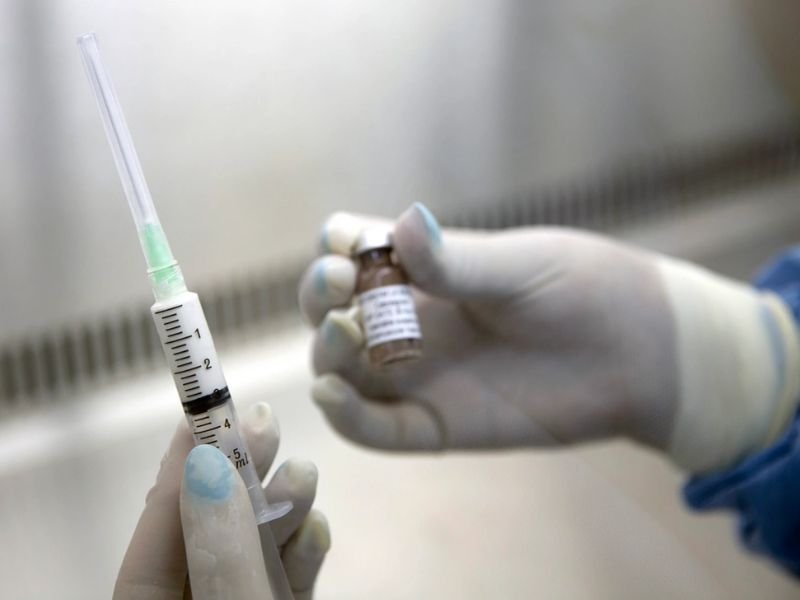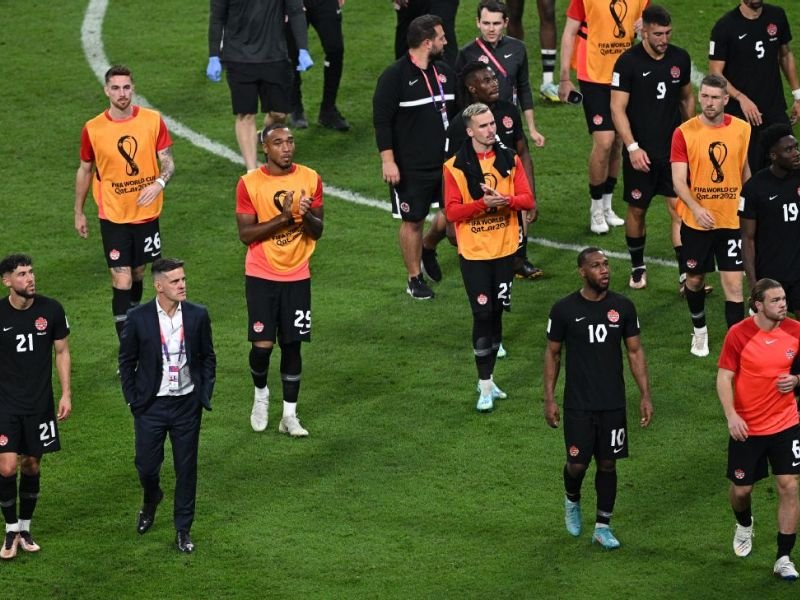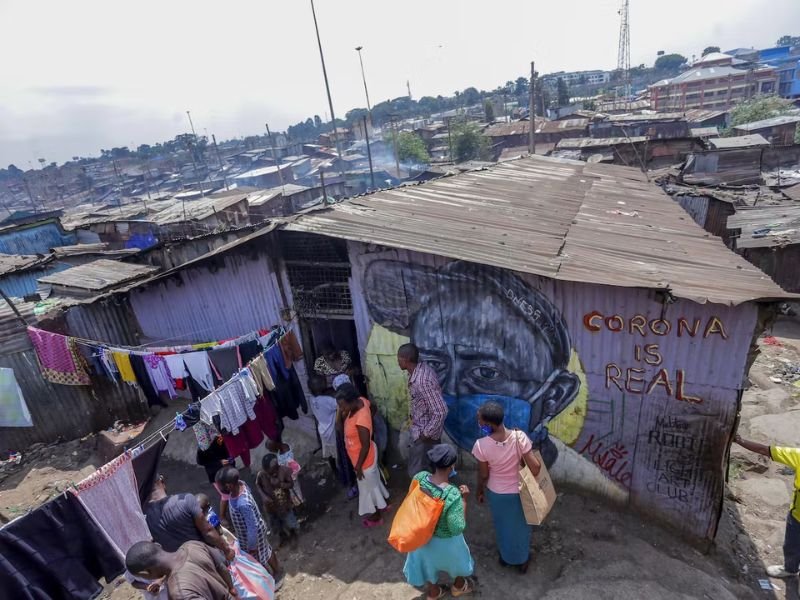Global leaders have pledged to end new Aids infections by 2030, but inequalities and harmful gender norms, according to a recent report by the United Nations Programme on HIV/AIDS (UNAIDS), are impeding progress.
According to the ‘Dangerous Inequalities’ report, which was released in honour of World Aids Day on December 1st, infection rates in young women aged 15 to 24 were concerning.
“The world will be unable to defeat Aids while perpetuating patriarchy.” We must address the interconnected inequalities that women face. “In areas with a high HIV burden, women who have experienced intimate partner violence have a 50% greater chance of contracting HIV,” said UNAIDS executive director Winnie Byanyima.
The report also shows that gender norms were impeding men from seeking treatment or learning their HIV status. It discovered that in 2021, 80% of women living with HIV were receiving treatment, but only 70% of men were.
“In many parts of the world, increasing gender-transformative programming is critical to halting the pandemic.” Gender equality will benefit everyone, according to Byanyima.

“We know what we need to do to eliminate inequalities: make sure all of our girls are in school, safe, and strong.” Combat gender-based violence. Women’s organisations should be supported. Encourage healthy masculinities to take the place of harmful behaviours that increase risks for everyone. Ensure that services for children living with HIV reach them and meet their needs, closing the treatment gap and permanently ending Aids in children.
“Decriminalize same-sex couples, sex workers, and drug users, and invest in community-led services that enable their inclusion – this will help break down barriers to services and care for millions of people,” she concluded.
Don’t forget to follow us on Facebook | Instagram | Twitter | LinkedIn to get the latest updates from Cape Town Tribune










